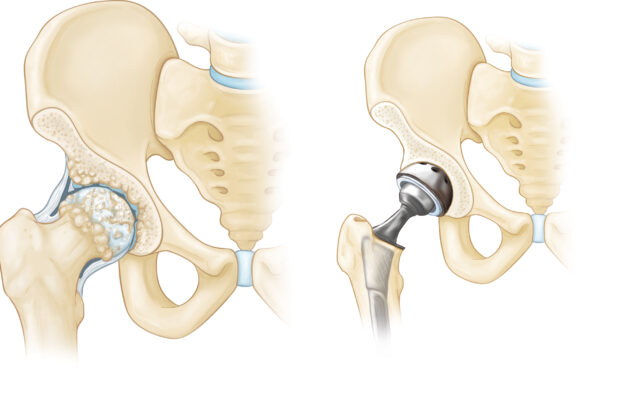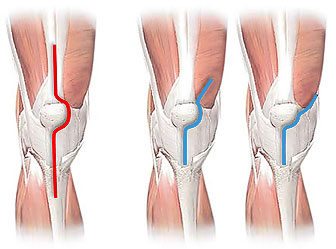When is the right time to go for knee replacement?
There is no precise time for determining when you should have a knee replacement. But if you facing enough problem when getting up and answering the phone or walking to your car, you might expect that you might need a knee replacement soon. However, a thorough examination by your orthopedic surgeon should recommend it first. You also can get the second opinion for your satisfaction.
Is there a way to avoid surgery?
For many patients with knee problem lifestyle modification, physical therapy, medication and alternative treatment method like acupuncture can help to administer knee problem. You may discuss it with your surgeon for a recommendation before restoring to knee replacement surgery; this includes steroids injection and arthroscopic surgery which involves the surgery of damaged cartilage. However one must bear in mind that delaying the knee replacement could result in a less favorable outcome.
How is surgery done?
The incision needs to be made on the top of the knee in order to expose the damaged area. The incision size can vary from 10 inches to 4 inches. During the operation, procedure kneecap is removed aside and damaged bone and cartilage which is replaced by metal and plastic components. Usually, the procedure will take 2 to 2.5 hours to complete the procedure.
What is the status of pain after surgery?
Certainly, you will feel the pain for four to five days. You may receive the nerve block or surgeon may use long-acting anesthetic during your surgery to help with pain postoperatively. You may be prescribed medication to help manage the pain, which is given intravenously after the surgery or sometimes also taken orally. After being released from the hospital the painkillers will be prescribed by doctors.
When you are recovering you will significantly feel less pain in your knee, but some patients have felt the pain for a full year after the surgery. So it depends on person to person.
What should I expect after surgery?
When you wake up after the surgery you will find bandage over your knee and a drain to remove fluid from the joint area. Your knee will be elevated. A doctor might use catheter so you do not have to go out of bed for urinating. It can be removed the following day after the surgery.
You may wear a compression bandage or socks around your leg to improve blood circulation as it may also reduce clot. Antibiotic are given intravenously and the patients are also given blood thinner to reduce blood clot.



